We must make the voices of Islam louder than those of ISIS & Boko Haram. And it can be done. Let Sound Vision do the job with your Zakat this Ramadan!
Sound Vision has developed its plans. We are now enhancing our team of experts by hiring a PR firm to assist our Strategic Communication team in implementing them. Please DONATE NOW! >> Read more...

Assalamu alaikum:
It’s easy to hold bitterness and resentment toward others, whether it is for infractions ranging from theft to backbiting to slander. That is, until you read about Rais Bhuiyan.
The American Muslim lost sight in one of his eyes after a white supremacist, Mark Anthony Stroman, tried to kill him by shooting him in the face. It was one of the worst hate crimes directed at Muslims in the wake of the September 11, 2001 terrorist attacks.
Stroman was tried, convicted, and given the death penalty. Bhuiyan’s responded like this: He appealed to the court to save Stroman from the death penalty. "In Islam it says that saving one human life is the same as saving the entire mankind. Since I forgave him, all those principles encouraged me to go even further, and stop his execution and save another human life,” he told National Public Radio.
In Ramadan, when we engage in seeking God’s love and closeness to Him more than at any other time during the year, we often focus exclusively on specific acts of worship: Reading more Quran, praying our Taraweeh regularly, giving more in charity, and paying our Zakat. While all of these are most definitely encouraged, we should not neglect the internal state of our heart. This is where forgiveness comes in.
Consider this: Our good deeds, in a way, are “blocked” from acceptance when we withhold forgiveness from someone else.
Prophet Muhammad, peace and blessings be upon him, said, “The deeds of people would be presented every week on two days, Monday and Thursday, and every believing servant would be granted pardon except the one in whose (heart) there is rancour against his brother and it would be said: Leave them and put them off until they are turned to reconciliation” (Muslim).
Forgiveness heals us not just spiritually, but physically and psychologically as well. Studies have documented this. It also pushes us to do not just good, but great things. Rais Bhuiyan is just one example of this. By forgiving such an egregious crime, he was able to take his spiritual state higher, fighting for the life of one who was once his enemy. He put into practice the beautiful Islamic teaching of not just forgiving, but repelling evil with what his better (Quran 41:34).
This Ramadan, may Allah make us not only among those who are forgiven by Him, but those who graciously extend forgiveness to others.
Peace
Sound Vision Team

By Samana Siddiqui

Regardless of the reasons, for many of us, forgiveness is not a habit we engage in in a systematic, regular manner. But this is key to gaining its spiritual, psychological, and health benefits.
By Abdul Malik Mujahid
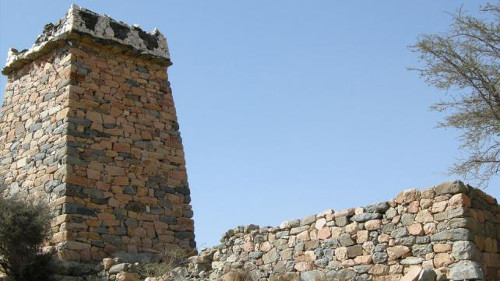
When God sent angels who gave him a choice to destroy the people of Taif for the way they had treated this Messenger of God, his response was this: "No, I hope that God will bring out from their offspring people who worship Him alone and associate no partners with Him."
By Samana Siddiqui
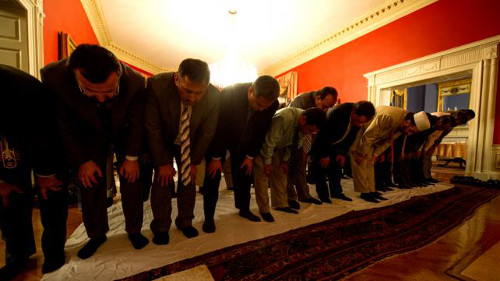
How can we move up the ladder of spiritual development when we hold bitterness and anger towards another person? While we may have been in the right, is it worth sacrificing our energy on a grudge instead of on growth? Is there not something strange about making dua for forgiveness from God of our sins while withholding our forgiveness from someone who has hurt us?
By Staff Writer
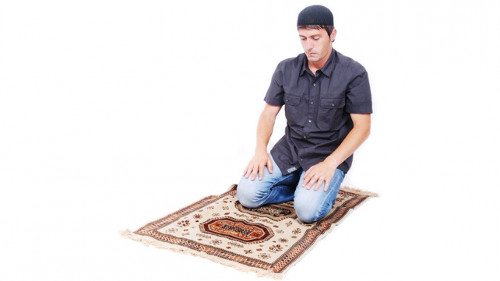
While God is just and holds us responsible for our actions, the doors to His forgiveness are always open. No matter how awful our sin, Allah is always ready to hear and accept our repentance, provided it is sincere and results in change for the better. In the Quran, God repeatedly reminds us that He is the Forgiving and the Merciful.
By Staff Writer
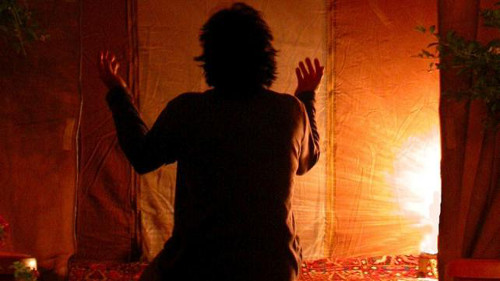
Ramadan, according to one Hadith, is divided into three parts. Its beginning is mercy, its middle is forgiveness and its end is freedom from the Hellfire. As we are currently in the days of forgiveness, we thought it would be worthwhile to share a couple of supplications (Duas) from the Quran and Hadith whereby we can ask God's forgiveness.
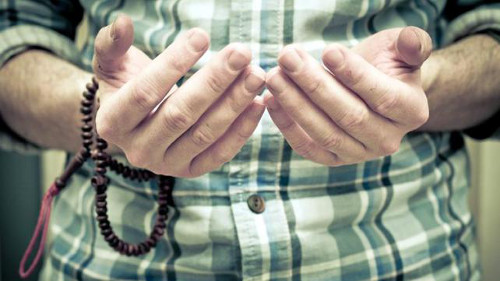
A poem by a Muslim teenager about remembering God.
|
|
  

© 2015 Sound Vision Foundation. All rights reserved.
Sound Vision Management
Abdul Malik Mujahid, President, Dr. Ahmed Murad, Vice President; Taha Ghayyur, Manager Development; Khaled Al-Sadi, Manger Finance; Tahera Rahman, Producer Radio Islam; Samana Siddiqui, Content Manager
Sound Vision Board
Dr. Khalid Riaz, Secretary; Taufiq Ahmed, treasurer; Janaan Hashim; Hannah ElAmeen; Dr. Khursheed Mallick; Fuad Lashkarwala.
Sound Vision
27 E Mon ST, Chicago, IL. 60603 USA
Sound Vision is a not for profit tax exempt 501 (C) 3 organization
To unsubscribe from Sound Vision mailing list, please click here.

|
Comments
My thoughts
I am not a Muslim, but I have a lot of Muslim friends. And I am very eager to learn more about their culture and beliefs. I learned something new from your post, keep sharing articles like this!
Location
Add new comment